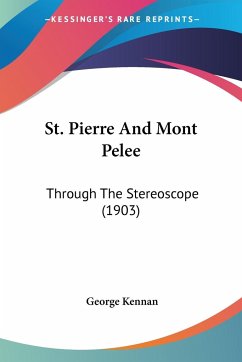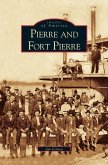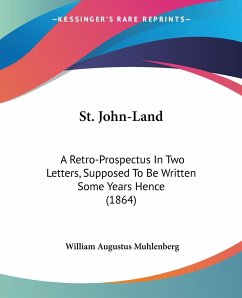St. Pierre And Mont Pelee: Through The Stereoscope is a book written by George Kennan and published in 1903. The book is a detailed account of the catastrophic eruption of Mont Pelee, a volcano located on the Caribbean island of Martinique, in 1902. The eruption destroyed the town of St. Pierre and killed over 30,000 people. The book is unique in that it is illustrated with stereoscopic photographs, which were a popular form of 3D photography at the time. The photographs provide a vivid and immersive experience of the destruction caused by the eruption. In addition to the photographs, the book contains Kennan's first-hand account of the disaster, as well as his observations on the culture and people of Martinique. Kennan was a journalist and explorer who had previously traveled extensively in Siberia and the Caucasus. His expertise in these regions gives him a unique perspective on the disaster in Martinique. Overall, St. Pierre And Mont Pelee: Through The Stereoscope is a fascinating historical document that provides a glimpse into the devastating power of nature and the resilience of the human spirit in the face of tragedy.This scarce antiquarian book is a facsimile reprint of the old original and may contain some imperfections such as library marks and notations. Because we believe this work is culturally important, we have made it available as part of our commitment for protecting, preserving, and promoting the world's literature in affordable, high quality, modern editions, that are true to their original work.
Hinweis: Dieser Artikel kann nur an eine deutsche Lieferadresse ausgeliefert werden.
Hinweis: Dieser Artikel kann nur an eine deutsche Lieferadresse ausgeliefert werden.








